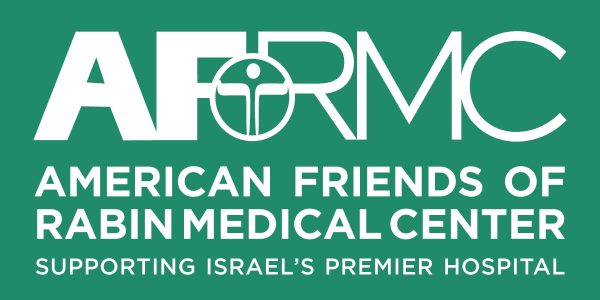
Most people would not assume that dogs and humans have biological commonalities. The assumptions would definitely stop when breast cancer is added to the mix. However, research has shown that dogs suffer from mammary cancer in the same way that humans suffer from breast cancer: “there is an innovative program at the University of Pennsylvania, where veterinary oncologists are learning about the progression of human breast cancer by treating mammary tumors in shelter dogs” (Rabin 1).
The article also provides an explanation of the link between humans, dogs, and breast cancer:
Like breast cancer in humans, tumors of the mammary glands are among the most common cancers in female dogs. Most pet owners never see this type of cancer because it is rate in animals that are spayed at a young age. Mammary cancer in dogs is fueled by estrogen, as it is in humans, so removing a dog’s ovaries greatly reduces the risk. Mammary cancers in dogs respond to many of the chemotherapy drugs that are used in people, and feature some of the same molecular abnormalities (Rabin 2)
Because dogs typically have 10 mammary glands and often develop tumors in several glands at the same time, they present a unique research opportunity enabling scientists to study lesions that are at different stages of development- from benign to cancerous, and at transitional stages- all in the same animal (Rabin 2)
Essentially, “‘The dog gives us the potential to answer the question: When did something go wrong at the molecular level?'” said Dr. Karin Sorenmo, chief of medical oncology at Penn Vet’s Ryan Hospital, who founded the Penn Vet canine mammary tumor program in 2009″ (Rabin 2). She continued, “‘We can also study the benign tumors and ask: What’s the different in that one tumor that doesn’t change and become malignant versus one that does change?'” (Rabin 2).

This entire field of research is called comparative oncology and using this method benefits shelter dogs suffering from mammary cancer and well humans suffering from breast cancer. Every cancer found in dogs is found in humans and vice versa; therefore, this type of research is extremely beneficial to both parties.
What are your thoughts?
Here at American Friends of Rabin Medical Center, we raise money for breast and ovarian cancer research and treatments.We help raise awareness and funds for both breast and ovarian cancer through two special events:
1. Women’s Luncheon- An intimate women’s luncheon on April 8, 2014 with Letty Cottin Progrebin- journalist, social activist, and best selling author of How To Be A Friend To A Friend Who’s Sick- as well as a private tour of Lincoln Center. Please email afrmc@afrmc.org for more information.
2. NYC 5K Schlep- Fourth annual Cheryl Diamond NYC 5k SCHLEP: Breast and Ovarian Cancer Run/Walk to take place on Sunday, June 22,2014 in Battery Park, NYC. Please email afrmc@afrmc.org for more information.

